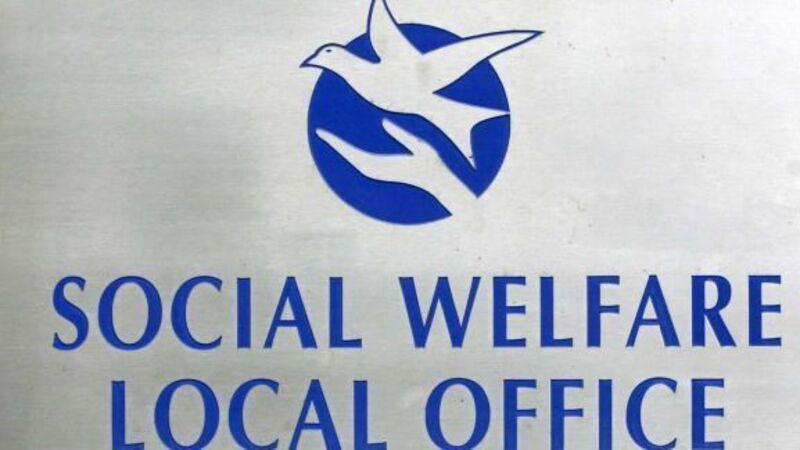Challenge to refusal to backdate benefit pay

The case, brought by the woman and child, is regarded as a test case raising significant issues under Irish and EU law concerning the rights of children and the child benefit entitlements of people who are granted subsidiary protection.
No regard seems to have been paid to the interests of this child in the various decisions on child benefit, argued Michael Lynn, instructed by the Free Legal Advice Centre, for the applicants.













